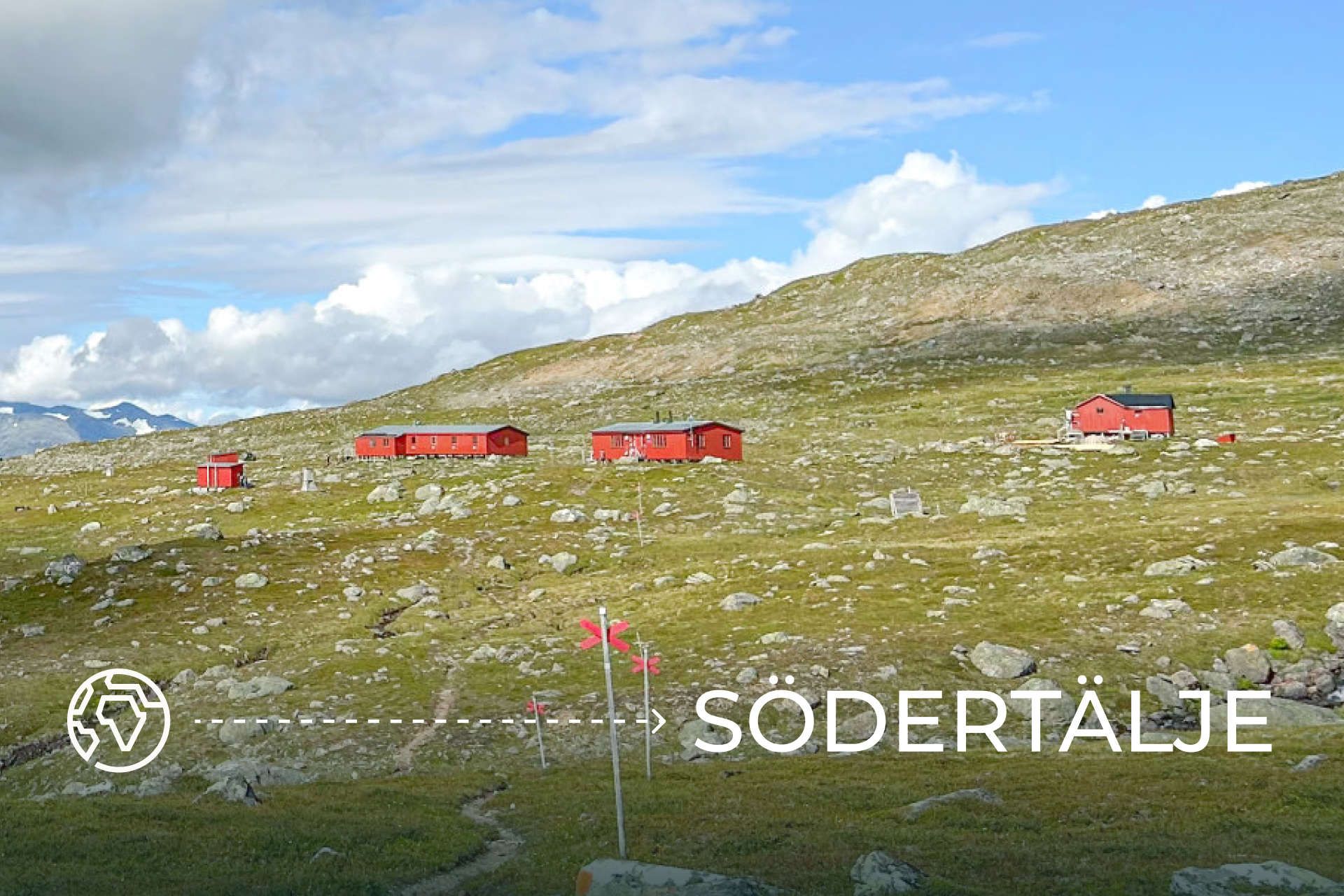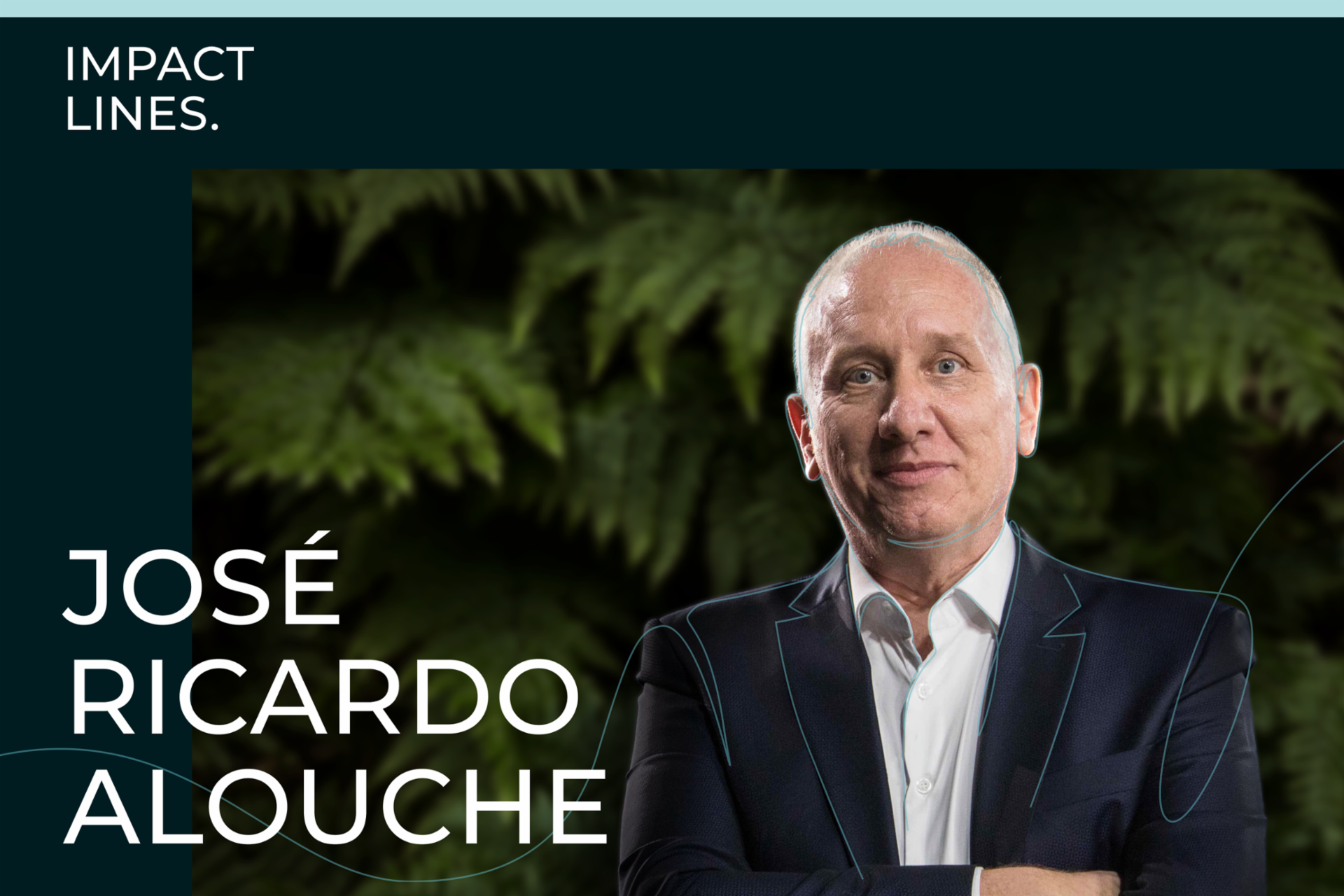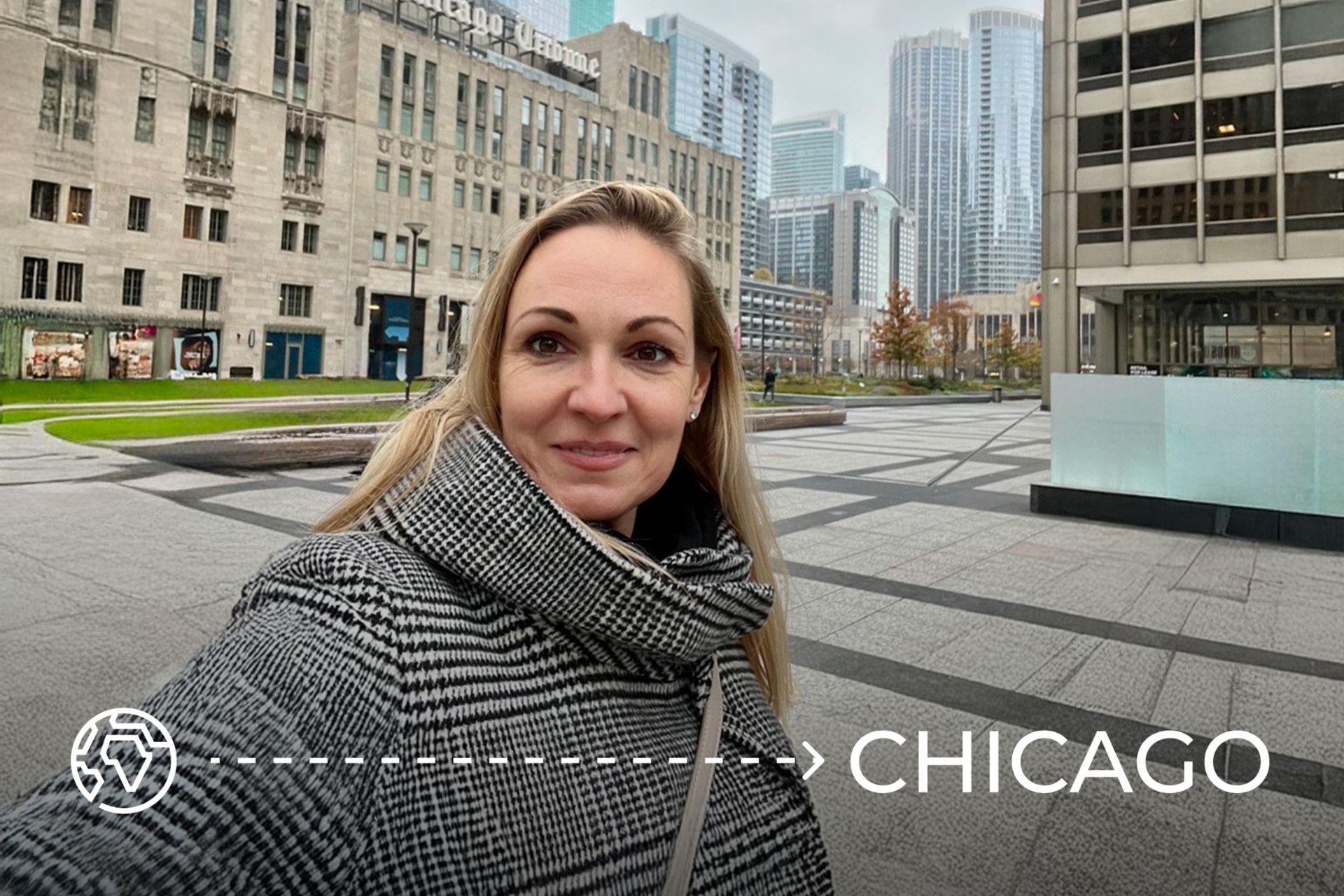Together with colleagues from the TRATON GROUP and its brands, I work in Södertälje to ensure our environmental management system can be seamlessly implemented in all aspects of its operations. This complex and varied task encompasses all of the Group’s business areas, e.g. production plants and commercial operations, and is implemented in day-to-day business. The foundations for our work were laid with the establishment of environmental management guidelines at TRATON, as well as the Scania, MAN, Navistar, and Volkswagen Truck & Bus brands. Now, our focus is to bring this to life. In doing so, we operate under the assumption that the topic of environmental management will eventually permeate all TRATON GROUP business areas, and therefore become a decisive part of the company’s future success.
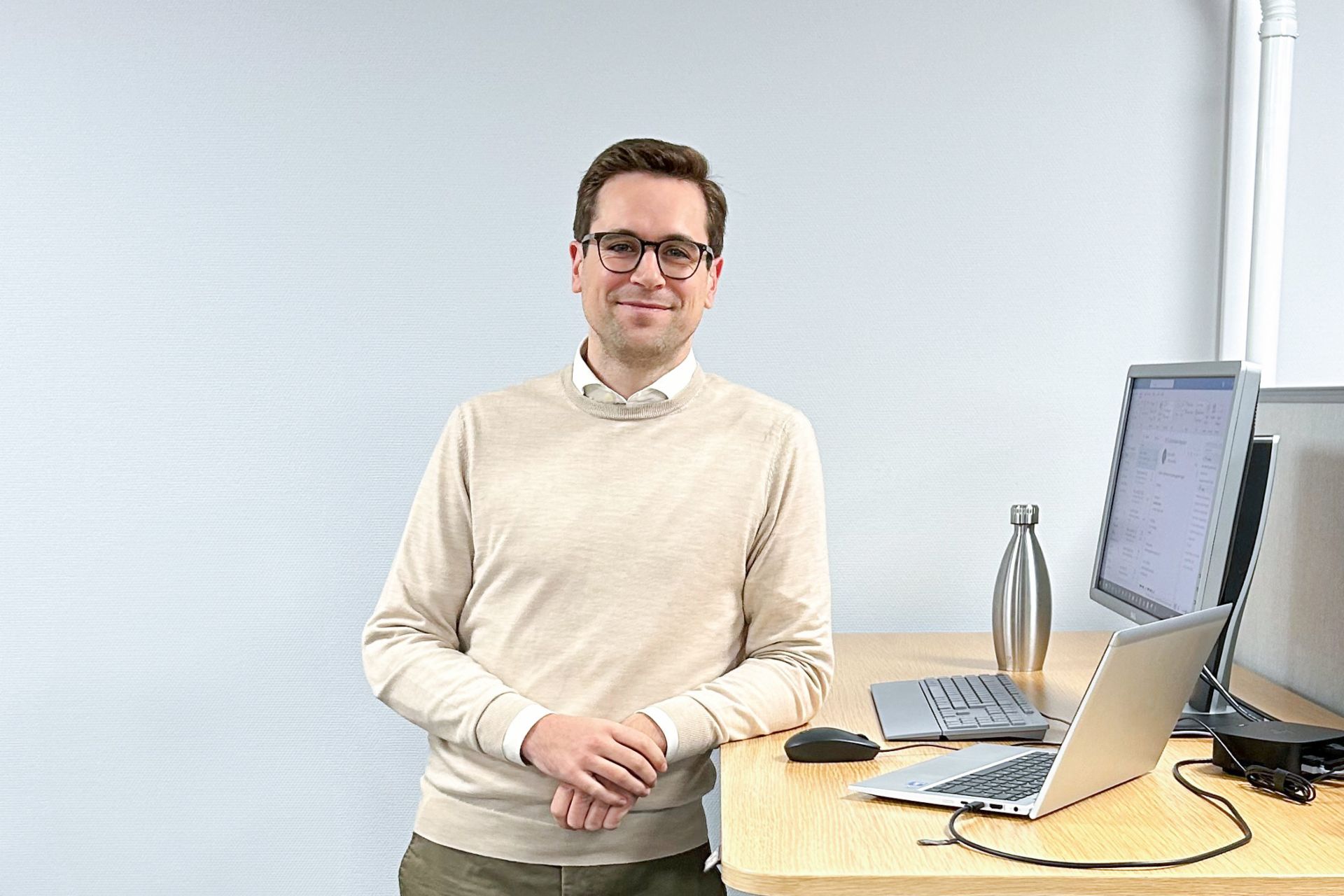
Whether through reducing water consumption, protecting the climate, saving energy, or cutting waste – a systematic focus on ecological issues doesn’t just help the environment, it also underlines the TRATON GROUP’s economic success. When fewer resources are consumed, a reduction in costs inevitably follows. The same principle applies beyond our production facilities to all our activities. In general, every TRATON GROUP colleague is involved in managing our environmental impact.
Against this background, I feel that I am part of something bigger. This feeling also extends to my second working group, where environmental topics relating to production are evaluated at a higher level. For example, we are looking for ways to share existing knowledge about environmentally friendly production processes within the TRATON production network. This is because environmental protection – similar to the TRATON Modular System (TMS) – is also about standardizing processes and measures in order to be able to react quickly and appropriately as specific challenges arise.
During my many conversations with colleagues, I experience the entire cultural spectrum of the TRATON GROUP – particularly our different ways of working. While Swedish colleagues from Scania tend to start by discussing a topic intensively and developing a common understanding of the subject matter, German colleagues from MAN briefly discuss a task, analyze the topic in detail and start the implementation phase – in order to then make agile adjustments during the work and make readjustments if necessary. Our U.S. colleagues at Navistar, on the other hand, tend to be the first to have a plan, set the general direction and initiate a project. They quickly seek solutions as and when problems arise. It’s this diversity of working cultures that makes my assignment as an expat at Scania in Södertälje so extraordinary. Despite all the differences in the way we work, we’re united by one goal: we want to learn from each other and do our utmost to ensure the long-term success of TRATON and its brands. And we accept each other for who we are! This type of cross-brand collaboration is the basis for TRATON’s success – and the most important experience I have had so far during my assignment as an expat in Sweden.
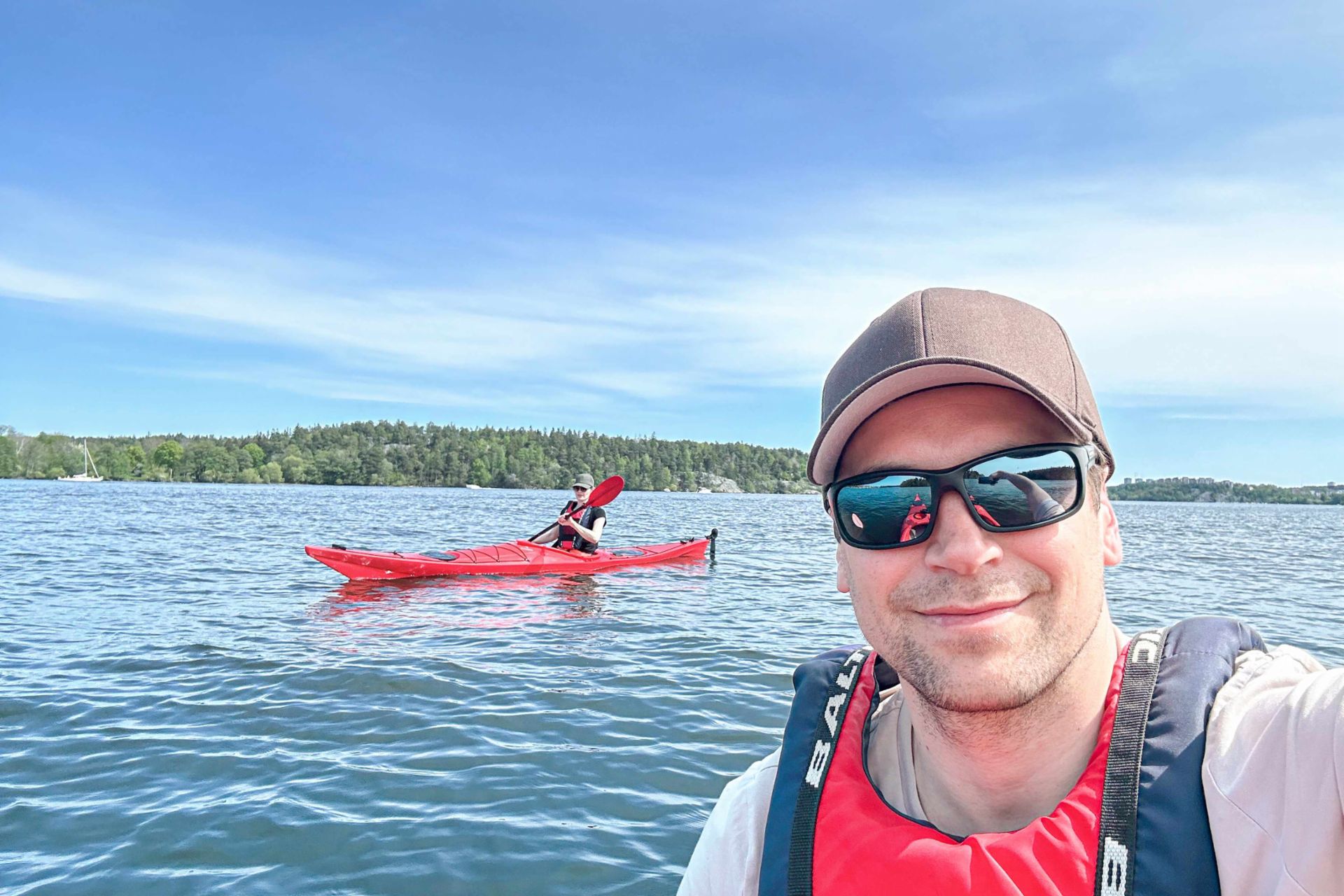
Combining the best of all worlds and being open to other methods and ways of thinking – this mindset is also a good guide for any colleagues who want to work abroad as expats.
I’ve been living in Stockholm with my girlfriend since May last year. It’s a great city with lots of cultural opportunities and good restaurants. I’m particularly fond of Köttbullar, the traditional Swedish meatballs served with cream sauce, lingonberry jam and mashed potatoes. It’s really delicious! And as a big fan of the outdoors, I feel very much at home in Sweden: skiing, hiking, cycling – the untouched nature in this country is simply overwhelming. A trip to see the Northern Lights is still on my bucket list!
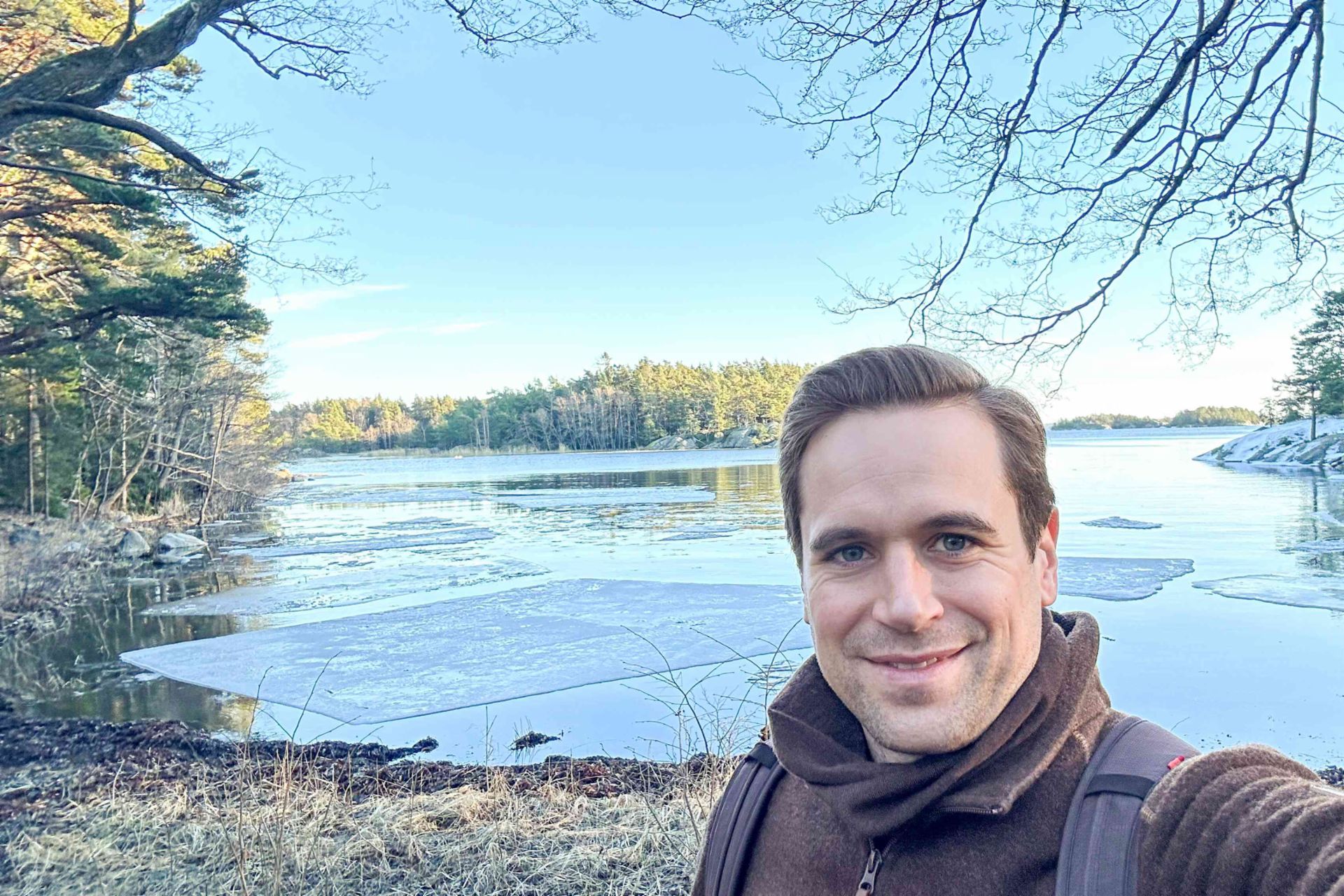
Incidentally, I talk to my friends and family in Germany just as often as I did during my time at MAN in Munich. Phone, WhatsApp and video calls via Teams – thanks to modern telecommunications technology, it almost doesn’t matter whether someone is sitting in the room next door or in an office around 1,000 kilometers away.
Greetings from Södertälje,
Philipp
